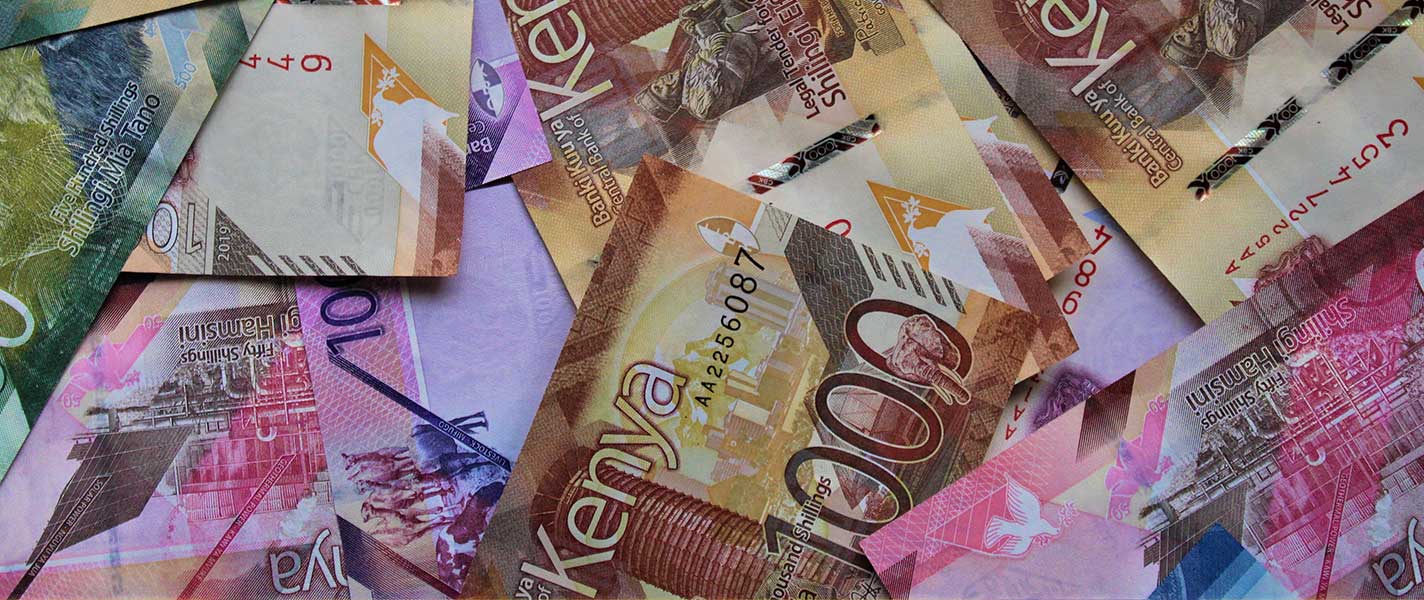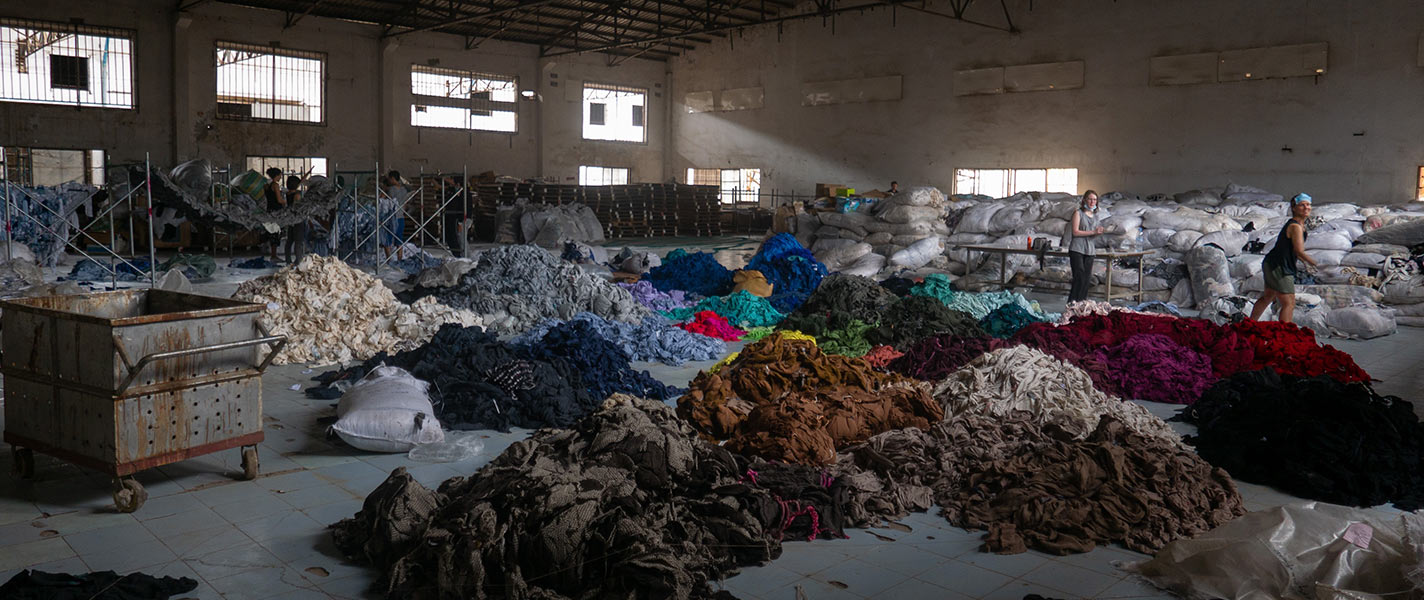Nations in Transition: The Diplomatic and Economic Realities of Deglobalization
While economists and analysts widely acknowledge and agree on the pinnacle of the globalized international economy and its interrelatedness, there remains a genuine lack of consensus concerning the ensuing developments. One major perspective suggests the outbreak of a period marked by "deglobalization," involving a decline in global trade volumes and cross-border capital flows. Alternatively, a more plausible scenario envisions the global economy gradually fragmenting into competing blocs.
This development in the international system is expected to unsettle a broader macroeconomic and market landscape. This could pose significant challenges for countries and businesses in vulnerable sectors. From this perspective, it's important to note that 'deglobalization' is not necessarily unavoidable. There exist few compelling geopolitical justifications for the United States or Europe to cease the predominant importation of consumer goods from rival powers.
Exploring the factors Behind deglobalization, and Anticipating Future Manifestations
In 2018, global political superpowers and corporate elites gathered at the annual economic meeting in Davos. Growth was accelerating in all major economies. The globalized trade system and free trade approach was at its zenith. Nevertheless, since that pivotal moment, multiple significant events have taken place. These included the outbreak of a global pandemic, the eruption of conflict in Europe, escalating tensions between the United States and China, inflation pressures, and a sluggish pace in the trading system. As a result, a global crisis was lurking in the background of the international system leading in the process to the beginning of what analysts called the ‘deglobalization era’.
The international economic systems characterized by the Free trade movement were simply supposed to keep everything in place, countries working together, eradicating the possibilities of conflict and wars, and superpowers relying on each other to further strengthen their economies in other words “the system works and everyone is happy”, or that was at least the case until the late 2010s where a shift started taking place due to several factors.
To put this into perspective, The US government -in an attempt to counter the chinese growth- and prevent it from leading the world as the strongest economy- Established the a new set of policies by which the US fixed new tariffs and taxes on over 100 billion worth of chinese imports, started manufacturing energy equipment in the US rather than china, and even bought back several american companies that were co-jointly owned with the chinese for the purpose of empowering american economy, But the adoption of this neo-realist approach by the U.S. government was not a ‘lone-wolf’ move; rather, it has been mirrored by other global superpowers who have similarly embraced this paradigm as a means of safeguarding and protecting their national interests, India for example started providing incentives and payment to indian companies for the purpose of keeping products in india, Japan is also paying companies to move products back to japan (cars and electronics), Nigeria is imposing restrictions on foreign products and encouraging domestic ones, Italy, spain, france, germany and UK are also protecting homegrown products and adopting this new approach of decreasing foreign trade and reliance on foreign companies to providing products related to energy, cars, mining, and even agriculture.
The adoption of the above-mentioned approach by most global superpowers is reflective of a nuanced response to numerous consequential factors. The following considerations, multifaceted in nature, have collectively pushed nations toward a shared strategy, encapsulating a broader paradigm shift in their economic and strategic undertaking.
The Trade Tensions and Protectionism Approach
To put it simply, trade tensions between big economies, in particular the US and China, were escalating. The imposition of tariffs and trade barriers by various countries led to a slowdown in global trade. Establishing protectionist measures to protect domestic industries has contributed to a more fragmented trade landscape.
The new political Movements
The rise and the surge of nationalist and populist movements paved the way to policy adjustments giving in the process prominence to national interests at the expense of global collaboration. This shift found expression in choices to prioritize local industries. It also involved tightening immigration controls and adopting protective trade policies.
Supply Chain Resilience
The COVID-19 pandemic has exposed several vulnerabilities in the global supply chain mechanisms. Many countries and companies have re-assessed the risks associated with relying heavily on a few key suppliers or regions. This has led in the process to a push for supply chain diversification and localization, a trend often associated with deglobalization.
Regionalism vs. Multilateralism
There was a shift towards regional trade agreements and partnerships. This moved away from broad multilateral agreements. Countries and regions were negotiating deals that focused on their specific needs and priorities. This could potentially undermine larger global trade agreements.
Changing Economic Dynamics
Economic shifts, such as the rise of emerging markets, have also impacted the traditional centers of economic power. Some countries developed stronger domestic markets and reduced their reliance on global trade and foreign countries, reducing in the process the overall degree of globalization.
In addition to these strategic factors, the essence of this new trend towards deglobalization is simply fueled by a growing sense of national security concerns among superpowers, where the intertwining of economic and security interests has prompted nations to re-evaluate their reliance and dependence on foreign countries, especially in critical sectors among which technology and defense.
In recent years, environmental sustainability has also been seen as a crucial factor in global economic strategies. Different nations are choosing new regulations for their economic policies. The regulations prioritize local production and consumption. They do this to reduce the environmental impact of extensive global trade. This eco-centric perspective is shuffling the priorities of global superpowers. Therefore, they seek to balance economic development with environmental responsibility.
Fear however is the backbone of this approach … The fear of potential vulnerabilities arising from excessive reliance on external sources for key components and technologies has prompted a reorientation towards self-sufficiency.
As neo-realists believe that states are perpetually seeking power and security because they exist in a self-help system where the most valuable asset a country could possess is autonomy, geopolitics are always shifting, therefore, no state can ever predict where it stands and which superpower will be lined up against them in the future, neorealist argue that the liberalism and free trade approaches are outdated and will no longer guarantee national security, creating in the process the need for a different approach and decreasing the entire globalization phenomenon.
The article represents the views of the blogger and not those of LEED Initiative.
























































































